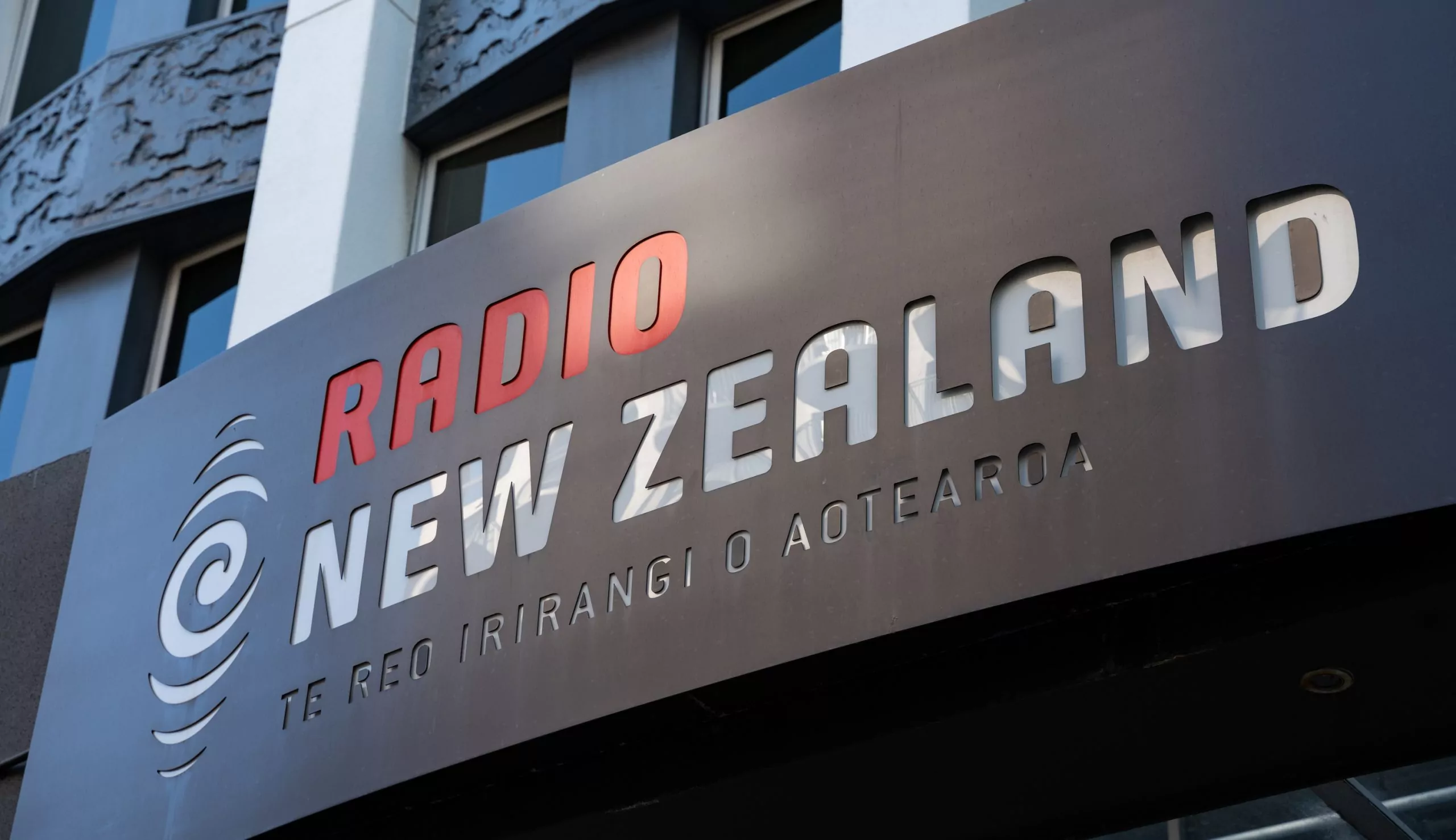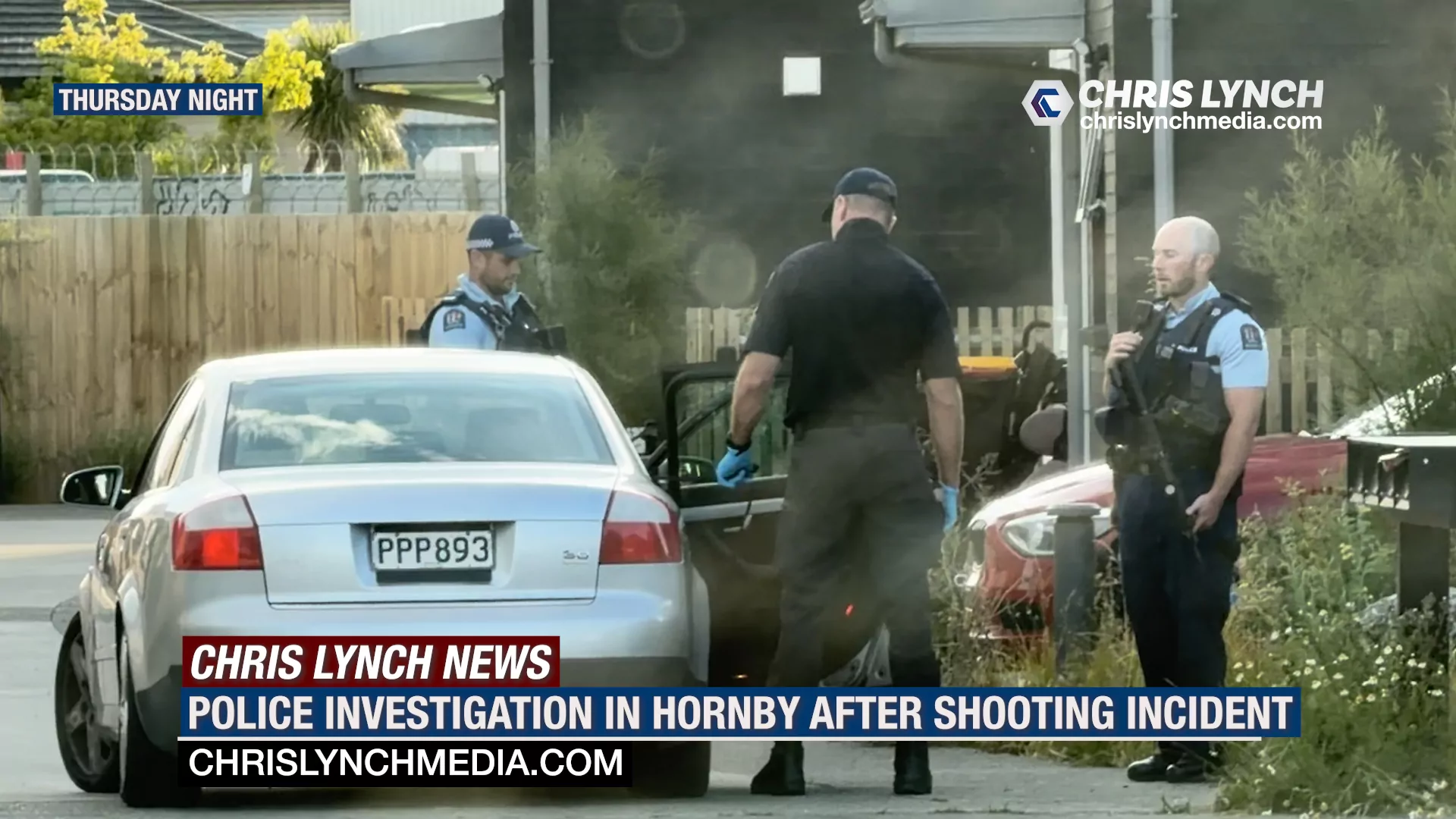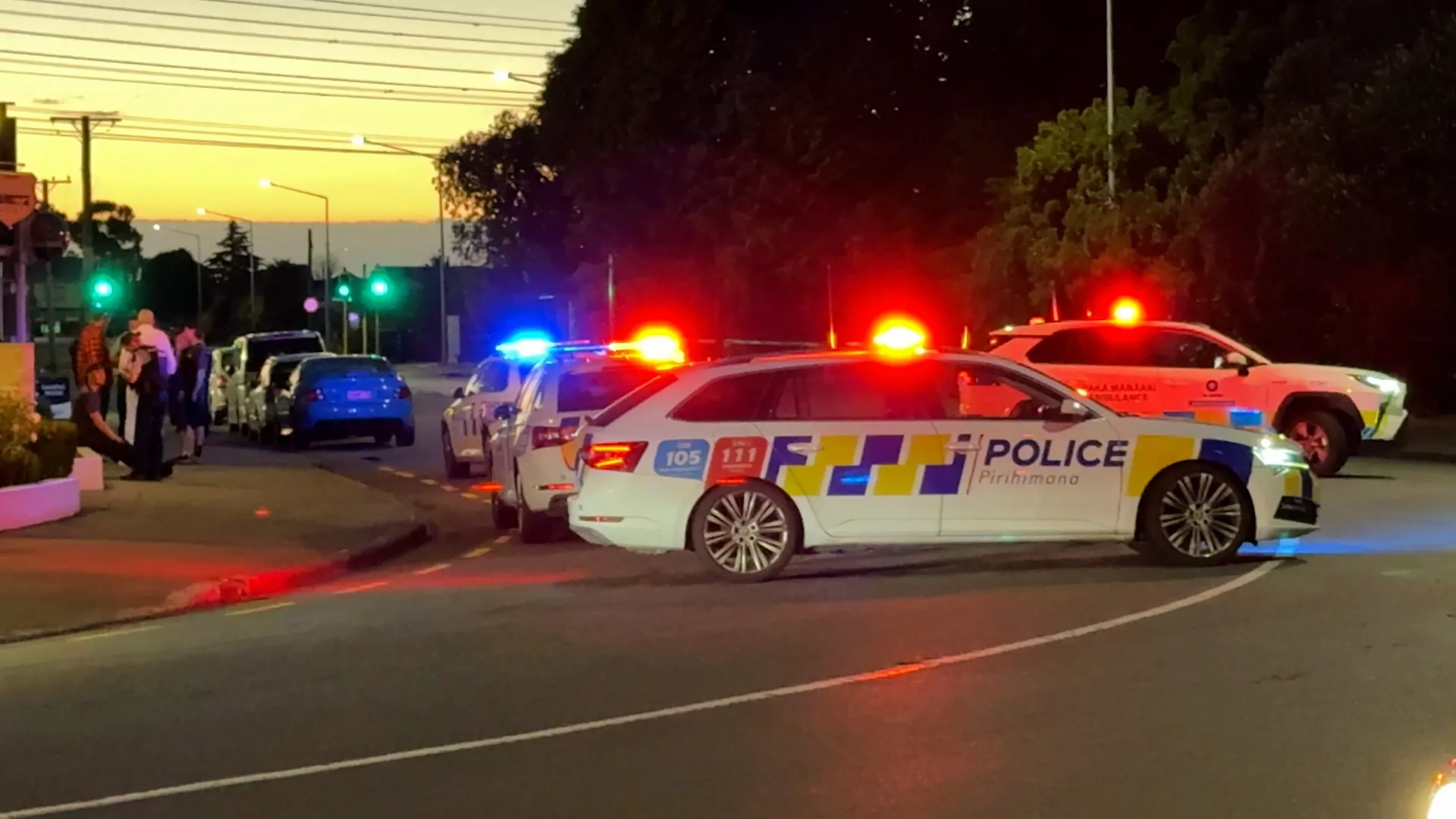Escaped youth tracked by Eagle helicopter, found hiding in New Brighton
The young person who escaped from a youth justice facility in Rolleston has been located...

Correction: The report is not 90 pages long. It is 11 – with appendices it comes to 27. August 18th 2025 1.53M)
RNZ National has been told to undergo a sweeping cultural and strategic overhaul after a confidential report warned the station is on course to lose a third of its live radio audience within five years if nothing changes.
The 11-page report, commissioned by RNZ chief executive Paul Thompson and prepared by former RNZ senior editor and media consultant Richard Sutherland, paints a blunt picture of a station in steady decline. Audience figures show RNZ National’s weekly cumulative listenership has fallen by more than six percent every year since 2021, dropping from 580,000 in 2019 to 467,700 in 2024. If the trend continues, it will dip below 340,000 by 2030.
Sutherland said the station had “no shared understanding” of its core audience, was trying to appeal to everyone and ended up appealing to no one, and that too many staff believed live radio was a “sunset activity” rather than a growth opportunity. The report included candid remarks from staff interviews, with one describing the programme line-up as “a patchwork quilt of various shades of taupe” and another saying “the station sounds boring.”
The report said this mindset was deeply entrenched, stretching from junior producers to senior executives, and warned that without intervention from the RNZ board, chief executive and executive team, RNZ National risked becoming irrelevant. “If RNZ National keeps bleeding audience, the whole organisation loses credibility, influence, and funding,” Sutherland said. “Irrelevant things eventually get turned off.”
To reverse the decline, Sutherland’s strategy centres on three priorities: defining the audience, lifting on-air quality, and holding people to account. He recommends targeting listeners aged 50 to 69, describing it as “a blunt instrument” necessary to halt the slide. This demographic, he said, is still highly engaged with live radio and offers the best chance to rebuild numbers quickly.
A new Auckland-based Head of Audio would be appointed with full editorial authority over RNZ National’s sound, tone, and content, reporting directly to the chief executive. The role would oversee all live programming, including news, and have the power to approve or remove presenters, enforce on-air standards, and direct content decisions. News shows would be brought under the Head of Audio’s authority or required to align directly with RNZ National’s needs.
Talent management is a key part of the plan. Sutherland said lead presenters must focus solely on RNZ National during the 12-month turnaround period, with no podcasts, overseas assignments or unrelated side projects permitted. Key time slots should be refreshed where hosts are not connecting with the target audience, and at least one high-profile external hire should be made to signal ambition.
Morning Report, the station’s flagship programme, is earmarked for a major overhaul, including relocation from Wellington to Auckland to reflect where most New Zealanders live and to counter RNZ’s “Wellington-centric” image. Sutherland said Auckland, home to 33 percent of the population, must become the station’s “strategic centre of gravity” if it is to grow. He recommends more real-life voices instead of institutional spokespeople, fewer pre-recorded packages, shorter promos, fixed segment times, and livelier, more engaging delivery.
The strategy also calls for the reintroduction of music breaks in non-news shows to improve pacing and keep listeners engaged, with selections tailored to the target demographic. Operational changes include an urgent audit of all on-air voices to ensure they meet audience expectations for clarity, accuracy and tone. Only those cleared by an experienced broadcaster would be allowed on air, and some existing presenters may be taken off until they meet the standard.
Marketing would focus on Morning Report in Auckland, supported by sharper, forward-looking promos and stronger cross-promotion across RNZ’s platforms. The report also calls for RNZ National to actively promote its role as the country’s official civil defence broadcaster, warning that continued audience decline threatens its ability to reach New Zealanders during emergencies.
Sutherland acknowledged the changes would provoke pushback from staff, unions, and critics, but said the alternative was worse. “RNZ’s job isn’t to keep insiders happy – it’s to serve the public. That means acting decisively, not waiting for permission. Hold your nerve.”
The six-month implementation plan begins with appointing the Head of Audio, publicly confirming Morning Report’s move to Auckland, returning RNZ National content teams to the office, launching an Auckland marketing campaign, and starting the presenter audit. By month six, the strategy envisages a public relaunch featuring refreshed on-air talent, new standards, and a repositioned Morning Report designed to win back listeners in the country’s most populous region.
In his conclusion, Sutherland said RNZ National’s recovery depended on reconnecting with listeners, lifting editorial and cultural leadership, and setting hard performance standards. “The Charter promise to inform, entertain, and enlighten only counts if people listen,” he said. “This is not a time to manage slow decline. It’s a time to compete, to win back relevance, one listener at a time.”
An RNZ spokesperson said “the plan is the result of us considering a range of information, including: audience data and feedback; the state of the wider market; feedback from kaimahi; the importance of live radio in our mix; the expectations of our board and shareholders and the advice requested from former Head of News, Richard Sutherland on RNZ National’s current performance and options for improvement.
“The Sutherland advice should be seen in the context of being one of several inputs into RNZ’s audio plan. Not every suggestion or recommendation in the advice will be implemented. It represents one view of the strengths and weaknesses of RNZ National and suggested changes.”
What is RNZ doing now?
Culture reset – All staff must understand RNZ National’s purpose and core audience
Response: RNZ says it has long aimed to grow audiences and engagement, hitting its target of reaching 80 percent of New Zealanders aged 18 and over in November last year. It acknowledges recent changes have not been enough and agrees a focus on a core audience will help.
Future leaders with live broadcasting experience
Response: RNZ says this will continue to be the case for live radio-related roles.
Promote ambition and growth as values
Response: RNZ links this to its four focus areas for 2025/26, which include building trust, acting as a public media cornerstone, accelerating digital, and strengthening business performance.
Office as default workplace for RNZ National teams
Response: RNZ says the office is already the default, with staff required to be in at least three days a week under a 2024 policy review.
Target demographic of 50+ (primary 50–69)
Response: RNZ’s research shows the steepest declines in listeners aged 60–74 and over 75. It accepts the target demographic and will conduct further audience research.
RNZ National not sole outlet for Charter obligations
Response: RNZ says its multi-platform reach allows the station to focus on the specific needs of the radio audience.
Appoint a Head of Audio with full authority
Response: RNZ has advertised a chief audio officer role with clear focus areas.
Move news programmes under Head of Audio
Response: Reporting lines will be decided once the chief audio officer is appointed.
News must treat RNZ National as an internal customer
Response: RNZ says journalists already produce work for multiple platforms and audiences.
Refresh key time slots and consider a high-profile hire
Response: RNZ says this will be decided by the chief audio officer.
Hosts to focus solely on RNZ National during turnaround
Response: Management of on-air talent will be handled by the chief audio officer.
Survey periods – all main presenters and key staff at work
Response: This will also be a matter for the chief audio officer.
Live listening as a daily competitive contest
Response: RNZ expects this to be a focus area for the new audio chief.
Auckland as strategic centre of gravity
Response: RNZ calls Auckland a critical market and has invested in office space there.
Relocate Morning Report to Auckland
Response: The programme will have a more Auckland-focused team but RNZ will maintain resources outside Auckland for resilience.
Scheduled music breaks in non-news shows
Response: The new audio chief will decide, but RNZ is researching music preferences.
Urgent audit of all on-air staff
Response: This will be considered by the chief audio officer in consultation with colleagues.
No one on air without clearance
Response: Talent management decisions will rest with the chief audio officer.
Marketing focus on Morning Report in Auckland
Response: Future marketing spend will be decided against RNZ’s strategy. RNZ says this year’s campaigns have already focused on live listening in Auckland and flagship shows.
Cross-promote live content across RNZ platforms
Response: RNZ agrees and says its growing digital footprint offers more opportunities.
Shorten promos to 15 seconds and make them forward-looking
Response: This will be for the chief audio officer to decide.
Reassert RNZ’s role as civil defence broadcaster
Response: RNZ says work is well under way, with an emergency planning manager appointed in 2023. On-air and digital promotion of its lifeline role is ongoing, and a new “RNZ Emergency” section will soon launch on its website with preparedness guides to be shared with other media.


